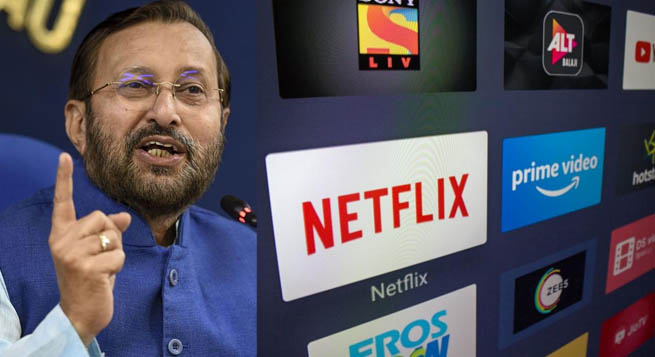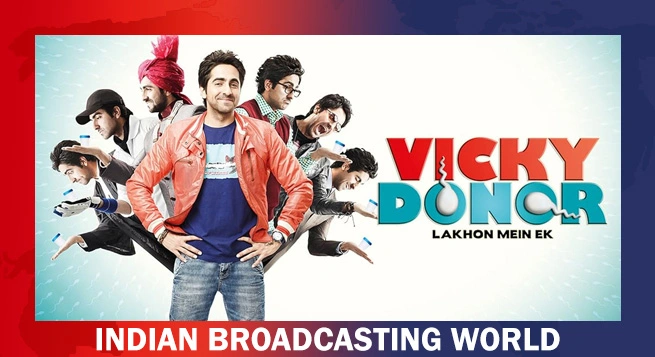Minister for Information and Broadcasting Prakash Javadekar yesterday said that guidelines for OTT platforms operating in India are almost ready to be rolled out. “Guidelines and directions are almost ready on OTT platforms and will soon be rolled out and implemented,” Javadekar made these comments in Rajya Sabha or Upper House of Indian Parliament during zero hour when a fellow parliamentarian brought up the issue of content on streaming platforms and their possible regulations.
Zero Hour denotes the time immediately following the Question Hour in both the Upper and Lower Houses of Indian Parliament. This is about 12 noon, which is why it is called Zero Hour. During this hour parliamentarians can raise matters of great importance without prior notice. However, the duration of the Zero Hour has varied over the years.
Even as the Internet and Mobile Association of India (IAMAI) is all set to come out with a toolkit on self-regulation that, according to IAMAI digital entertainment committee chief Gourav Rakshit, takes care of the issues earlier red-flagged by Ministry of Information and Broadcasting, Javadekar’s statement yesterday raises some questions.
Questions like if MIB is all set to “implement” OTT guidelines, then which organization would be the adjudicator — will it be IAMAI or MIB or another body? Another question that comes to mind is: what happens to all the content cases that have been filed in various courts of India? Even the Supreme Court is hearing a content-related case. More importantly, does this signal the end of self regulation?
Incidentally, the IAMAI toolkit is not yet backed by all the major OTT platforms in India, according to a report in Economic Times on February 9, 2021. Companies those have signed up for this toolkit document include Netflix, Amazon Prime Video, SonyLIV, VOOT and Zee5.
The Central government had issued a notification on November 9, 2020 bringing digital and online media platforms, films and audio-visual programmes, provided by online platforms, under the jurisdiction of the MIB. The move was seen as a step to do away with confusion relating to content on streaming platforms as the matter most of the time oscillated between MIB and Ministry of Electronics and Information Technology.
 GTPL Hathway Q4 revenue at Rs. 8,989 mn signals 10% YoY growth
GTPL Hathway Q4 revenue at Rs. 8,989 mn signals 10% YoY growth 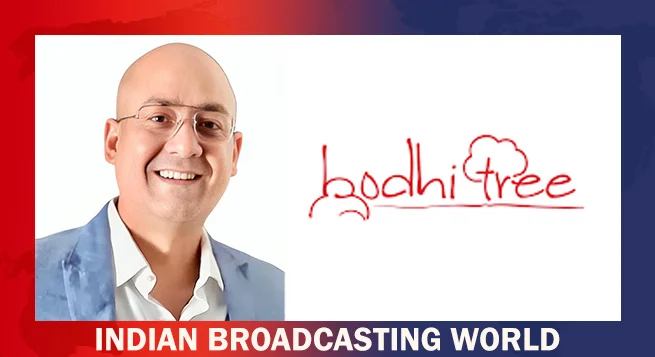 Bodhitree appoints Sudip Roy CRO; launches new revenue division
Bodhitree appoints Sudip Roy CRO; launches new revenue division  SonyLIV drops ‘Black, White & Gray-Love Kills’ trailer
SonyLIV drops ‘Black, White & Gray-Love Kills’ trailer 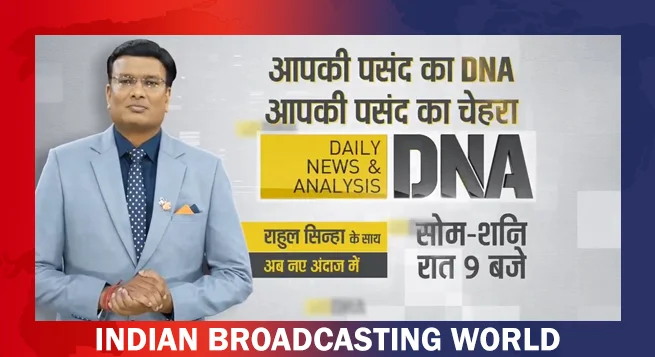 Rahul Sinha takes charge of Zee News’ DNA
Rahul Sinha takes charge of Zee News’ DNA 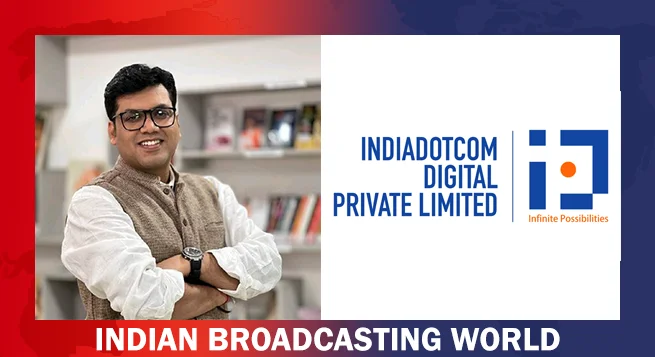 Sushant Mohan joins IndiaDotcom as Chief Editor, biz manager
Sushant Mohan joins IndiaDotcom as Chief Editor, biz manager 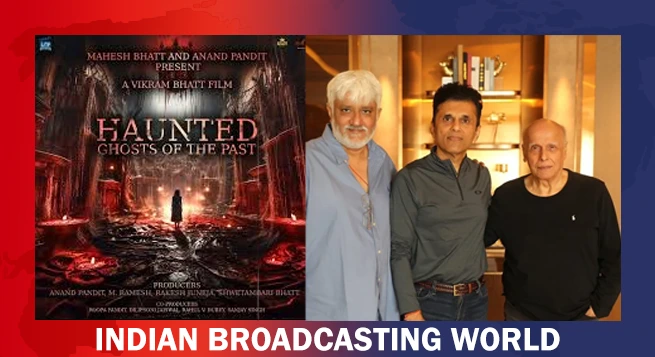 Mahesh & Vikram Bhatt, Anand Pandit reunite to revive 3D horror
Mahesh & Vikram Bhatt, Anand Pandit reunite to revive 3D horror 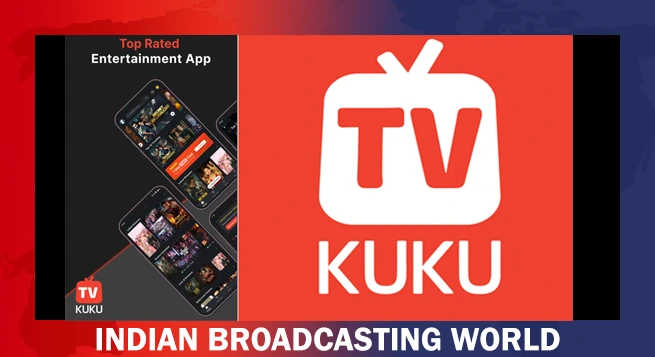 Ananta ties up with Kuku TV for micro-dramas
Ananta ties up with Kuku TV for micro-dramas 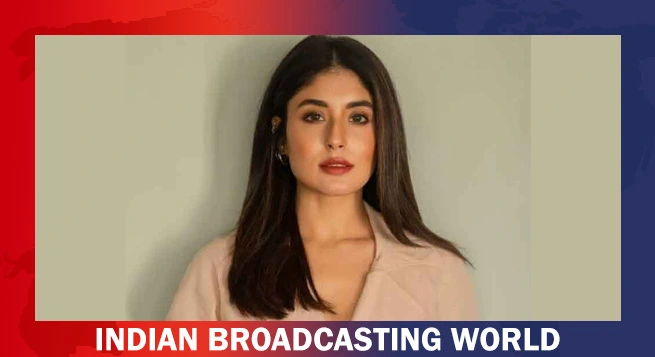 Kritika Kamra joins forces with ‘Peepli Live’ maker
Kritika Kamra joins forces with ‘Peepli Live’ maker 


